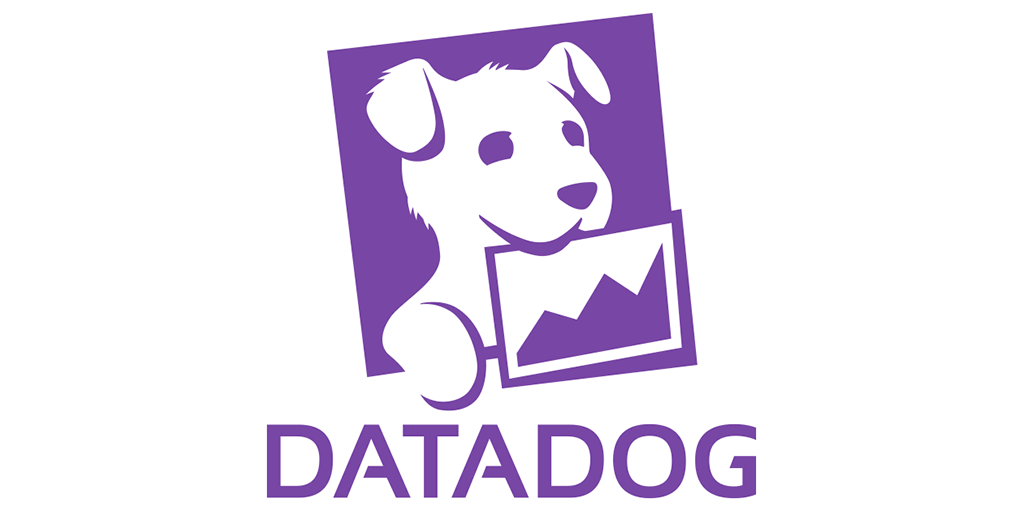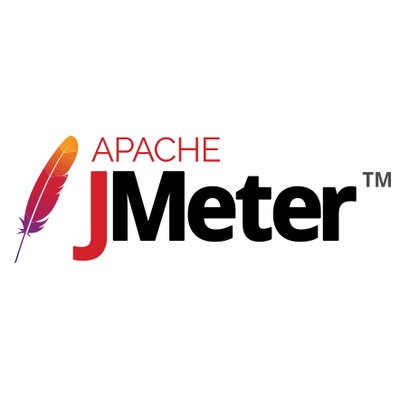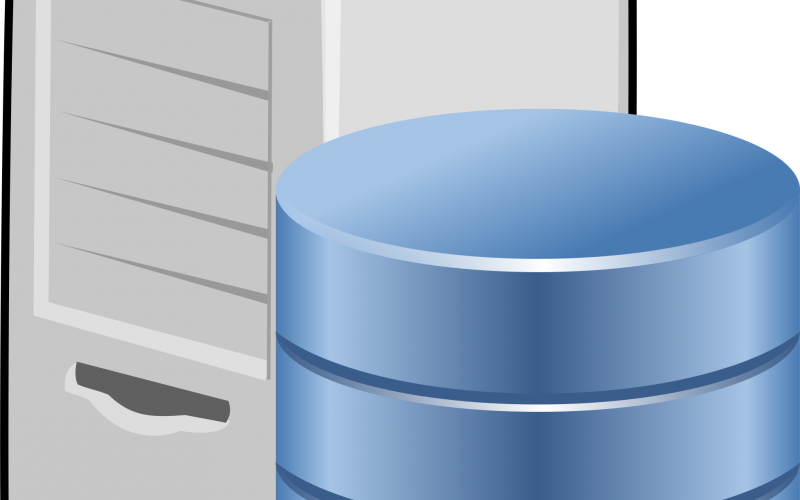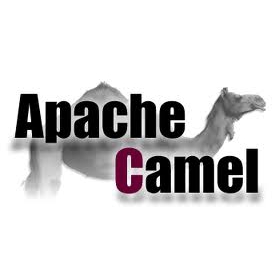Episode 88. Logging! (An Interview w/Renaud from DataDog)
One of the first things that you learn to appreciate when you transition programming from hobby to a way of life is to find a good way to troubleshoot problems. Most of the time this means logging and monitoring, so for this episode we decided to interview Renaud Boutet who is DataDog’s VP of Product Manager, and don’t worry, he’s really a developer that went to the “Management” (i.e. dark) side, so he knows what he’s talking about!
Diving into topics from Logging Frameworks, to MDC, to a discussion of the three pillars of observability (Metrics, Traces, and Logs), this episode have good advice for everyone. From your first System.out.println (“I’m here”) to your slf4j with MDC setup, you’ll sure learn new tips and tricks!
FOLLOW US JavaPubHouse on twitter! Where we will be sharing new tech news, and tutorials!
We thank DataDogHQ for sponsoring this podcast episode and providing our Guest Speaker!

Don’t forget to SUBSCRIBE to our cool NewsCast!
Java Off Heap
Do you like the episodes? Want more? Help us out! Buy us a beer!















Recent Comments